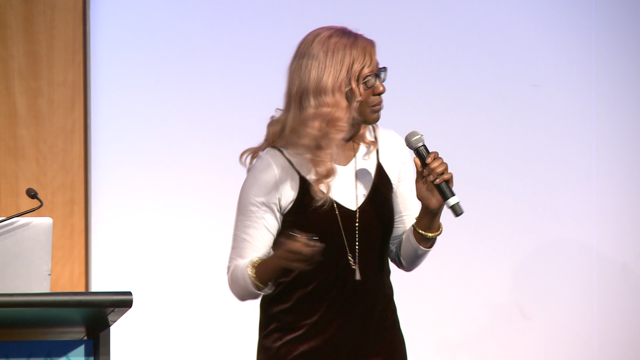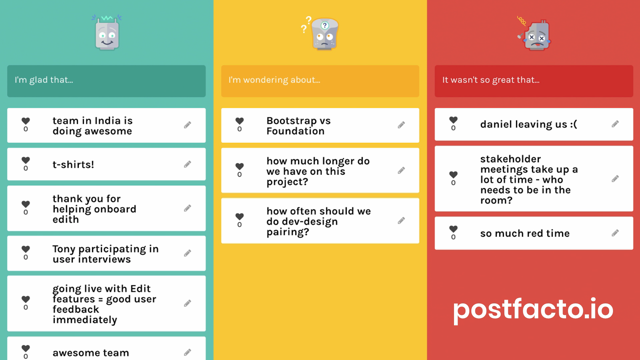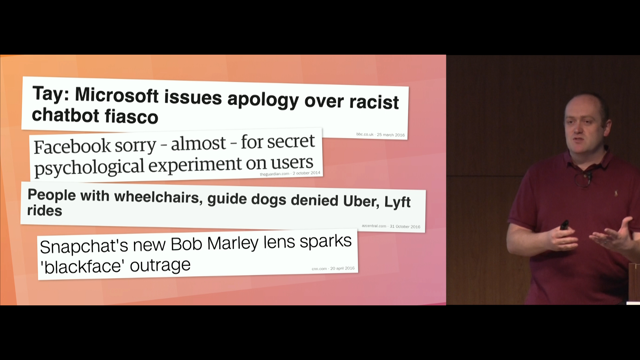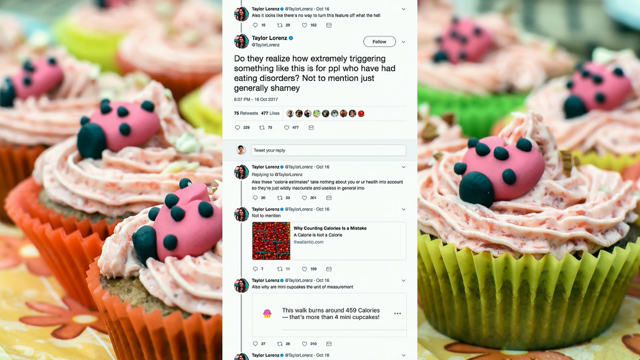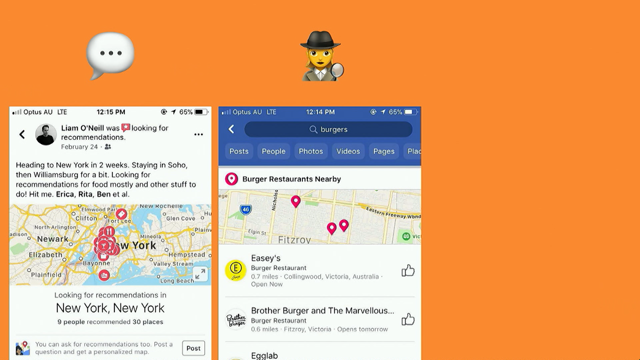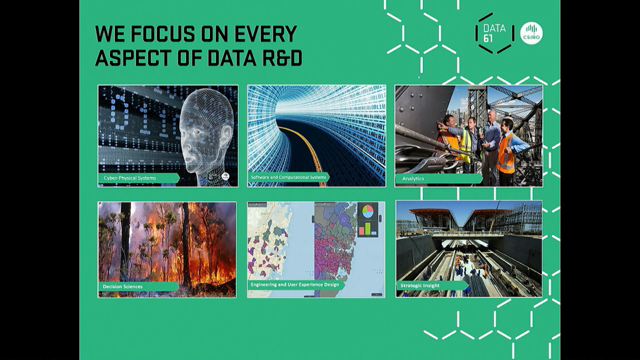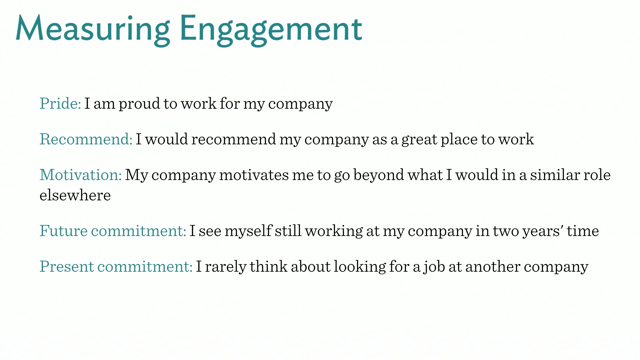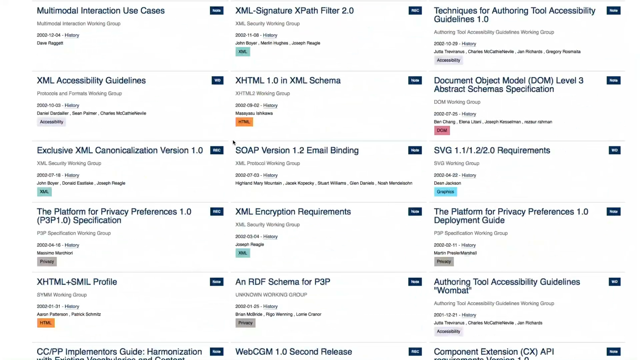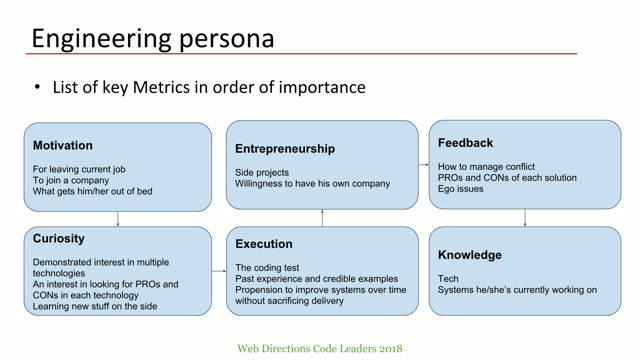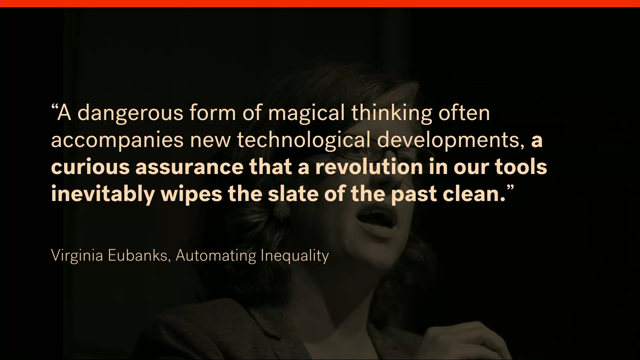Unravelling Unconscious Bias
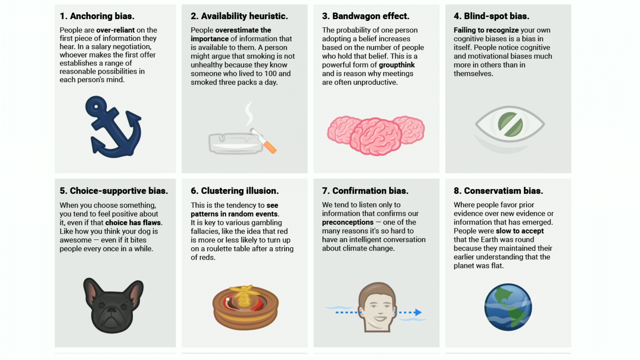
(upbeat music) (audience applause) - Hi and thank you John for that.
So you've just given my presentation in about 30 seconds.
So that's saving me the time.
So this is gonna be a much shorter version than the last one I delivered, which was usually about two hours or half a day. As workshops, I try to condense it so that you get the maximum impact from what I'm gonna give to you today and hopefully you can take some good learns away or at least a bit of self reflections and things that you can take into your work environments and your teams and have hopefully some impact. There's a lot of companies at the moment that are doing unconscious bias training.
You may have heard.
You may have seen it in the press.
It's been going on for the last few years now because it's become recognised as as a very, very high impact tool.
So where we want to see fair work practises, we want to see more diverse sets of people in our teams and we're now much more knowledgeable about the reasons why that's important for business certainly as much as anything else.
We're now recognised and this is a really key component of achieving diversity.
So Google, Starbucks, Pinterest hosted a home camp for it last year and they're all running these sessions for their teams, not necessarily as a mandatory thing but certainly as a regular occurrence.
And there's a reason for that.
So in this room, I suspect we have a number of existing leaders and also some future leaders. And one of the greatest tools a leader can employ is the recognition of their own blind spots. So we all have them, and we need to recognise them so that we can do something about them and fill them and make sure that they don't have a negative impact on what we're trying to achieve.
Now, people who believe they don't have bias, and there are lots of people who say I'm not biassed, I don't have biases, they're actually more biassed than most of us. As what you've known as the blindspot bias, is that it's got a name of its own.
And there was a study from Yale where research showed that perceiving yourself as objective actually correlates with showing even more bias than usual.
So that desire to be not biassed isn't enough to remove the decades and decades of cultural conditioning that we all have, that form our biases.
So it's how we grew up, what we see in our worlds, the lens that we put over, how we view our world create these biases.
So it's not a bad thing necessarily to have them. It's just a thing.
It just is.
So acknowledging that we have biases that conflict with our values doesn't make you a bad person.
It's important to recognise that.
And you wanna make that stuff safe in the environments that you work in, so people can feel okay to recognise their biases and to call them out and to address them.
If they're not talked about, they remain in the unconscious and that's where they're at the most dangerous. So biases are a natural result of our culture and recognising that is the first step to surfacing it. So we just go to try and find ways to eliminate them, because they do have impacts on all our people-making decisions that we make. So blindly believing that your company is a meritocracy doesn't make it meritocracy. It actually makes it even harder to address the implicit bias.
So this is where we talk about heuristics.
So in cognitive psychology, heuristic is a mental shortcut that allows people to solve problems and make judgments quickly and efficiently. So these rule-of-thumb strategies shorten decision-making time and allow people to function without constantly stopping to think about their next course of action.
So that's the good news.
It's that unconscious bias is a simply mental shortcuts otherwise known as heuristics.
It's worth recognising that our brains can process, consciously process 40 pieces of information per second. It sounds great.
Unconsciously, processes 11 million.
That's a huge number.
And that is why it's important to recognise that they don't reflect our personal belief systems. It's not possible.
They happen for a purpose of being able to make decisions quickly so we don't have to keep stopping. It just allows us to keep moving forward so we put things into patterns that we recognise so we can quickly deal whatever is in front of us. So if I asked you right now to picture a brain surgeon, the chances are you'd picture something a bit like that. Okay, does it mean that you think that men make better surgeons than women? Probably not.
That's just what your brain will do.
I asked my husband last week.
I did a little experiment.
I said can you draw me a brain surgeon? And embarrassingly, this is what he drew.
I did give him 15 seconds to be fair.
But clearly, that's a man and that's what you'd expect.
So same thing.
I did not, with my husband, this time, I did last week through with different people at work. This is probably what you'd picture if I asked you to picture a nurse.
Something like this, like this person here.
I asked somebody and again, for 15 seconds, and this is what I got.
Clearly a woman.
Obviously, there are many male nurses in the world but we generally think of it as a female career. So if I ask someone to picture here a CEO, you might picture something a little bit like this guy here, Saby.
And again, I asked somebody else in the office last week to draw me a CEO, and I got that.
That's apparently a laptop.
That was Glenn Butcher by the way.
Yes, I did so that I would call him out for that. So this is just what the brain's doing.
It's just putting people into patterns that we recognise. And it's based on the environments that we've grown up in, what we see around us basically.
But what it can lead to is stereotyping, which is one of the most dangerous forms of bias that we have.
And it's all about assumptions.
So when stereotypes become dangerous, it's because we're making assumptions.
So not all Asians like maths.
Not all British people moan a lot.
(laughter) I do, that I'd admit.
But not all of them.
And not all Germans are super efficient.
So we have a habit of making these assumptions about people that can affect the decisions we make about people to not necessary in those particular examples, but we do make assumptions.
And what we have to do is to try and question them, recognise these assumptions and question our own assumptions that we make about people.
So the purpose of today, this little talk that I'm gonna do is really just about creating an inclusive work environment surfacing and mitigating the effects of the unconscious bias that we all have. Okay.
So these are a few, there's about 20 in this list but these are just the first eight.
Just a few of the biases that are very common to all of us that we experience day to day.
And I just wanna mention a couple of these that you'll probably be able to recognise day to day in your own work environment.
So the anchoring biases are really common one. When you have a piece of information that you're given, then you kinda get a bit welded to it, which is called anchoring bias.
So you get stuck on this piece of information. You might have somebody who's left a job and you need to hire again.
That person was on 100k.
Or the other people thereafter, you can't help but start to measure against the 100k. Even if it's completely wrong for that salary because the job's moved on, it's changed, whatever.
You recognise they weren't at the right level for it but you're kinda stuck at this 100k.
And everybody else seem expensive when they're over the top of that or whatever. But that's a really common one that gets us when we're looking at people decisions. Confirmation bias, I call this out because I know that I do this a lot.
And I think I see it a lot as well.
So we believe something about somebody and we look for confirmation that what we believe is correct.
And that means that we're ignoring the things, the cues and the evidence to the contrary.
Good example for me, which is a bit personal, was my first husband.
I believed that he was a lot of things because I wanted to.
I ignored, as what I said, my first husband. I ignored the other things, the warning signs, I call them, because I didn't wanna see them. And I looked for confirmation that he was this thing that I wanted him to be.
Eventually, he wasn't.
So the confirmation bias happens a lot in hiring and in people promotions.
It's also the choice-supportive bias.
That also is a quite similar in that, you know, I've seen people we promoted and that person who's gone on, unfortunately, to be in a row or higher in fact, or in a row for too long because the person who made that choice erroneously has the false belief that actually that they've done the right thing and they kind of ignored the fact that they didn't because they made that choice. You buy something and you believe that it's better than it is because you made that choice. Bandwagon effect happens quite often when you've got groups of people interviewing, otherwise known as groupthink you may have heard of. And in teams, you'll see it in companies where people are afraid to speak out against something because everybody believes it.
I hear this conversation about React, Angular, so you might have a whole team of React developers and Angular developer comes in and do they speak out against Angular or at some point, are they gonna become part of the groupthink? Is that why React is seen as being better than Angular these days? I don't know.
But it's possible.
So we have to question these biases when we hear them and see them.
This is an interesting one.
Imagine, for a moment, that one of these is a hero and one is a villain.
The chances are that you're all picturing the hero as the person on the left and the villain as the person on the right. And that's because of something that is ingrained in all of us.
When we're children, we learn that the good are beautiful and that the bad are ugly.
Or at least not as beautiful, usually.
So Cinderella, Prince Charming, some of the other protagonist where much better looking than the stepmother and the stepsisters and the other antagonists.
So even though fictional stories don't necessarily follow this rule, it's still seen in our assumptions about others in the real world, and that's known as the Halo effect.
So again, we're probably see this a lot in working environments where somebody rises to the highest echelon of a company very quickly because they've done something amazing and they believed that there's something that is believed or perceived that there's something amazing about this person but actually, there isn't.
They've done one thing but it doesn't mean they're gonna be amazing at all those other things that we kind of suddenly assume, and that's the Halo Effect.
And it can be quite dangerous.
In tech, we have a huge gender gap.
Extremely low numbers of women in tech and in leadership. And it's not just a pipe line problem.
I hear it spoken about all the time.
There just aren't enough people or women applying into our jobs.
There just aren't enough going into the stuff. There's just not enough women.
If that's what you believe, you're missing something very, very fundamental.
45% more women leave tech than men.
And I don't mean roles.
I mean tech as an industry.
They're going to do something else.
They love the work; they're going to do something else. And it's not what we typically go that it's family. It's not.
Sadly, there are three other reasons that are way higher in that list, in those reasons. Those are harassment.
We don't like to hear it but it is what it is. The research tells us that it's harassment. That's the kind broom programming culture that non-inclusive environment.
And even worse, the lack of opportunity to progress. So gonna just ask very quickly, can I just ask all the men in the room to stand up for me? Just for a second.
Just the men.
Okay, have a quick look around.
You can just see how many men there are in the room. Okay, you can sit back down again now, thank you. Can I ask all the women in the room to stand up please. (laughter) Okay, thank you.
So you can see what I'm saying here.
It's a real thing.
Now, unconscious biases are big parts of this. So the reasons why women are leaving the tech industry is there's a lot of stuff going on to try and get more women into STEM in the first place, absolutely.
But there's a much bigger issue with women leaving. So when we get them in, they're leaving, a lot of them. So in Ryan's last presentation about juniors, fantastic.
All those women that you're getting into it. There's a high percentage of those that are probably gonna leave, sadly, unless we address this stuff.
Unconscious bias.
So I wanna take a look at a little bit of research. I'll run through this fairly quickly 'cause some of you would have seen this before, probably. But back in the '70s, in fact before that, back up until about the 70s when things started to change, most of the orchestras in the world were largely made up of men.
The top five in the world were 94% male.
The conductors used to hand pick all the people to play in the orchestras, or new members.
And it was the Boston Consulting Group? No, Boston Orchestra, that decided to try and mix it up and become more diverse.
So they introduced blind auditions, bit like The Voice.
They put a screen in front of the auditionees and unfortunately, nothing changed at the beginning. So that was a bit of a head scratch.
So suddenly, someone came up with the bright idea to get people to take their shoes off before they entered.
And they realised basically that you could hear women walking across.
Yeah, that it was a woman's shoes.
And that's when there was a massive outtake. Something like 50% overnight went through those first auditions.
First of it women.
So this one study at Stamford two identical resumes were given out to a hundred, this is in scientist world not dissimilar and in terms of the problem they have. So a hundred scientist were given these identical resumes.
One said, John once said, Jennifer, same resume. Just change the name.
John was in a 79% hire worthy.
Jennifer was only seen in 49% hire worthy.
Bear in mind that hundred scientists were male and female that were reviewing these, not just male.
Women do it as well.
This isn't a male problem of bias.
We all have them.
Scarily, Jennifer was rated as less competent and was offered on average $4000 less.
You can see where the problems come from.
This is unconscious bias.
We're just reading to see if it's the same, with the different name on.
If anybody's familiar with this, this is a quite well known one, Heidi versus Howard. Heidi Roizen is a real person, a very successful entrepreneur.
So her story was written up and on one version, it said Heidi Roizen.
On another version, it said Howard Roizen.
And it was given to two groups of people.
The people reviewing Howard said he's a lifeful kind of guy.
Someone you'd really wanna work for.
The people reviewing Heidi said, hmm, selfish.
Self-promoter.
Definitely not the type of person I'd wanna work with. (laughs) So this is what's known as the likeability tradeoff that women have. It's the trying to be competent at what they do but be liked at the same time.
We typically wanna see men and expect to see men, again because of our cultural backgrounds and where we've come from and how we see the world, we want men and expect men to be powerful and assertive, action-oriented and ambitious.
But what we expect from women is nice, communal, nurturing.
So when a woman behaves with the traits of a man, that they expect of a man, it feels uncomfortable. It feels uncomfortable to women too.
It's not what we expect.
So we find it quite hard to deal with.
So women do face that issue of trying to produce results. But also be liked.
So this stereotype shape off perceptions of competence. We hold women to a higher standard and evaluations, and women also tend to hold themselves to a higher bar as well.
And that's reflected in these feedback, in the gender bias that happens in feedback. So it can, unfortunately, have accumulative disadvantage of a woman's career over time.
This results in low access to key leadership positions and stretch assignments, advancement, and pay. So these really is a bit of evidence about feedback. And that again, this is the follow through of that, how we rate women when we, or how we perceive women who are acting in a way that gets results.
So they give a negative feedback.
A man can be seen as confident, but the same behaviour in a woman could be seen as a abrasive or aggressive.
And that feedback, as you can see here, correlates. So women receive two and a half times as much feedback about having an aggressive communication style.
2.4% times as many references to team accomplishments. Half as many references about technical expertise. So these are some of the reasons why we can't keep the men tech when we get them. So we all have bias.
It's relative to female's, male's performance is often overestimated.
And this is why gender blind studies usually result in improving the performance of females relative to males.
And especially true in domains like technology. So what can we do? It's important to surface it.
We need to take it from the unconscious to the conscious, challenge our assumptions.
Question: are we objectively evaluating people? So for the leaders in this room currently and the future leaders in this room, I'd love you to go back to your environments and stop putting in place some mechanisms in your teams to address the bias, to get it talked about. It's not a dirty word; it's a fact.
It's a reality.
And it's something that we all have and there's no shame in it.
But the way to deal with it is to talk about it, is to question before you go into a review meeting, before you hire somebody, before you go into an interview.
Build in some mechanisms.
Stef and I earlier talked about structure of interviews. Actually structuring the questioning of your interviews is really good for addressing this.
So if you ask the same questions of everybody, you gotta get a far better measure than if you ask ad hoc questions depending on who's sitting in front of you. And it will help you evaluate more objectively. There are a lot of things you can do.
In the interest of time, I'm not gonna go through all of them, but surfacing it, questioning yourself, checking yourself.
And taking that into your own environments with other people, calling it out when you say it.
And a few things you can do to counteract it. We can talk about this in the break if anyone wants to chat about it.
I'm here for the next couple of days, so maybe it's time to discuss it amongst yourselves. Thank you.
(light music and applause)
In this session Emma Jones will review the part heuristics play in unconscious bias, explore the impact in the workplace, and present strategies for addressing bias. Learn how to create an ‘inclusive’ work environment by understanding and mastering the effects of unconscious bias.


